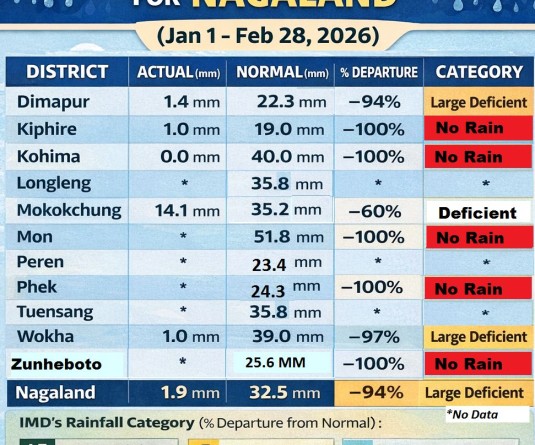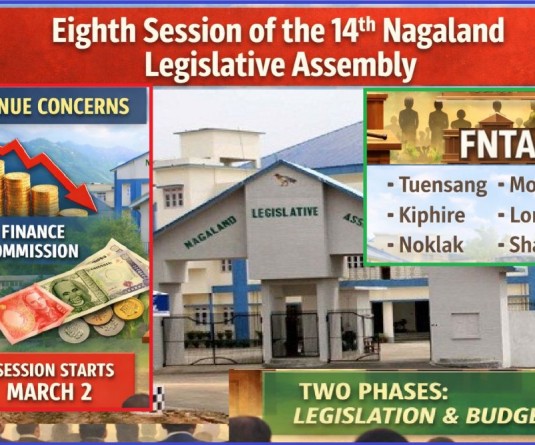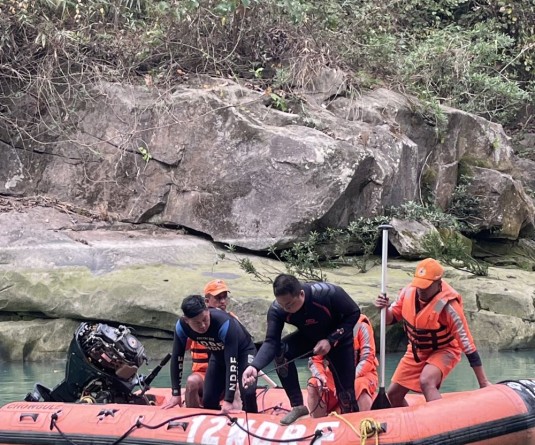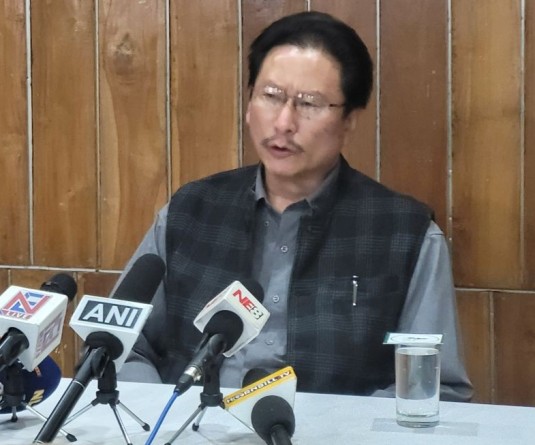
DIMAPUR, JANUARY 27 (MExN): The Eastern Naga Students' Association (ENSA) Myanmar has expressed profound shock and deep concern over the recent decision of the Government of India (GoI) to suspend the Free Movement Regime (FMR) along the India-Myanmar border.
Equally disconcerting is the alignment of certain Naga politicians with their central leadership, a stance that, regrettably, lacks respect and integrity towards the Naga people residing across the imposed boundary for centuries, the ENSA also stated.
“Naga people, as indigenous inhabitants, do not view themselves as slaves, refugees, or foreigners on their own soil, which spans Naga's inhabited lands and regions. Despite the living conditions being observed by the world, with some experiencing it firsthand and others learning through various social media platforms, it is emphatically asserted and reminded again that neither India nor Burma has the right to dictate the future of the Nagas or impose boundary in Naga soil,” the press statement said.
It also reminded that the arbitrary boundary drawn by Jawaharlal Nehru and U Nu within Naga territory was executed without Naga consent against all the established human rights standards, which notably is exemplified by the division of LongwaAngh's kitchen.
The ENSA further stated that the concept of Free Movement Regime (FMR) introduced by India and Myanmar is alien to the Nagas, who, for time immemorial, have traversed mountains, ridges, and rivers without the imposition of boundaries.
While a few Naga politicians may voice support for the GoI's decision to suspend FMR, the ENSA emphasized that such sentiments do not reflect the broader consensus of the Naga community.
“Threats and intimidation towards innocent, peace-loving people do not offer solutions; rather, they exacerbate existing issues.
The alleged suspension of FMR on the grounds of countering drug trafficking and illegal activities is deemed a feeble pretext, concealing Delhi's hidden agenda against the Nagas,” it alleged, while adding that this justification only undermines the commendable efforts of Naga individuals across the border addressing these issues without the support of India and Myanmar.
The ENSA has urged “the GoI to engage in meaningful dialogue with common Naga leaders, politicians, civil society organizations (CSOs), and all stakeholders.” This approach is essential for preserving peace and stability in the border areas without jeopardizing the lives and aspirations of the Naga people, who are united as one, it underscored.






